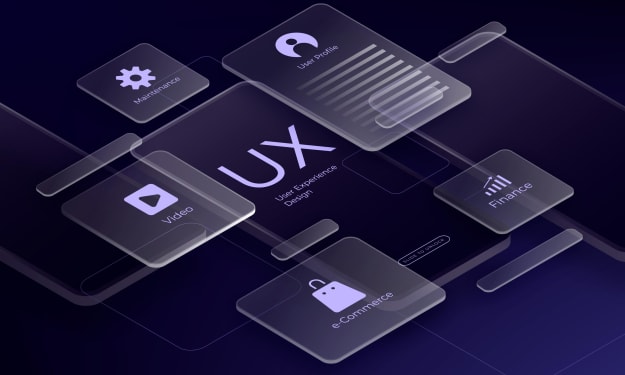How to Choose the Best eLearning Content Developer
eLearning Content Developer

Selecting the right eLearning content developer is crucial for creating effective and engaging online training programs. The right developer can make the difference between a successful eLearning experience and a mediocre one. This article outlines the key qualities and skills to look for when choosing an eLearning content developer to ensure that your training materials meet the highest standards.

1. Instructional Design Expertise
Importance
A strong background in instructional design is essential for any eLearning content developer. Instructional design involves creating educational experiences that make the acquisition of knowledge and skills more efficient, effective, and appealing.
What to Look For
Education and Certification: Look for developers with formal education in instructional design, education technology, or a related field. Certifications from recognized bodies, such as the Association for Talent Development (ATD) or the International Society for Technology in Education (ISTE), can also be a plus.
- Portfolio: Review their portfolio for examples of well-structured, pedagogically sound courses.
2. Technical Proficiency
Importance
eLearning content development requires proficiency with various tools and technologies. A developer must be able to create content that is accessible, interactive, and compatible with different devices and learning management systems (LMS).
What to Look For
- Authoring Tools: Familiarity with popular eLearning authoring tools such as Articulate Storyline, Adobe Captivate, or Lectora.
- Multimedia Skills: Ability to create and integrate multimedia elements, such as videos, animations, and interactive simulations.
- LMS Compatibility: Experience with SCORM, xAPI (Tin Can API), or other eLearning standards to ensure seamless integration with your LMS.
3. Creativity and Innovation
Importance
Engaging eLearning content requires creativity and innovation to capture learners’ attention and make learning enjoyable.
What to Look For
- Engaging Content: Ability to develop content that is interactive and engaging. This can be seen in their portfolio and through sample projects.
- Innovative Approaches: Use of gamification, scenario-based learning, and other innovative methods to enhance learner engagement.
4. Communication Skills
Importance
Effective communication is critical in understanding the needs of stakeholders and translating those needs into effective eLearning content.
What to Look For
- Listening Skills: The ability to listen and understand your requirements and goals.
- Clear Communication: The ability to clearly explain design choices, project timelines, and any technical aspects of the development process.

5. Project Management Skills
Importance
Developing eLearning content often involves managing multiple tasks, timelines, and stakeholders. Good project management ensures that projects are completed on time and within budget.
What to Look For
- Organizational Skills: Ability to manage time effectively, prioritize tasks, and meet deadlines.
- Experience: A track record of successfully completed projects, preferably with testimonials or references from past clients.
6. Understanding of Adult Learning Principles
Importance
eLearning for adults differs significantly from traditional classroom-based education. Understanding adult learning principles helps in creating content that is relevant and effective for adult learners.
What to Look For
- Andragogy Knowledge: Familiarity with principles of adult learning, such as the need for self-direction, relevance, and practical application.
- Learner-Centered Design: Evidence of designing content that is tailored to the needs and motivations of adult learners.
7. Quality Assurance and Attention to Detail
Importance
High-quality eLearning content must be free of errors and technical issues. Attention to detail ensures that the content is accurate, professional, and reliable.
What to Look For
- Proofreading and Editing: Rigorous process for reviewing content to ensure it is free of grammatical, typographical, and factual errors.
- Testing: Thorough testing on different devices and browsers to ensure compatibility and functionality.
8. Cultural and Contextual Awareness
Importance
In a globalized world, eLearning content often needs to be culturally sensitive and contextually appropriate for diverse audiences.
What to Look For
- Cultural Sensitivity: Experience in developing content for diverse audiences, with an awareness of cultural nuances and sensitivities.
- Localization Skills: Ability to adapt content for different languages and regions, if necessary.

Conclusion
Choosing the right eLearning content developer involves looking for a combination of instructional design expertise, technical proficiency, creativity, communication skills, project management ability, understanding of adult learning principles, attention to detail, and cultural awareness. By considering these factors, you can ensure that your eLearning content is engaging, effective, and tailored to the needs of your learners. Investing time in finding the right developer will pay off in the quality and success of your eLearning programs.
About the Creator
Enjoyed the story? Support the Creator.
Subscribe for free to receive all their stories in your feed. You could also pledge your support or give them a one-off tip, letting them know you appreciate their work.





Comments
There are no comments for this story
Be the first to respond and start the conversation.